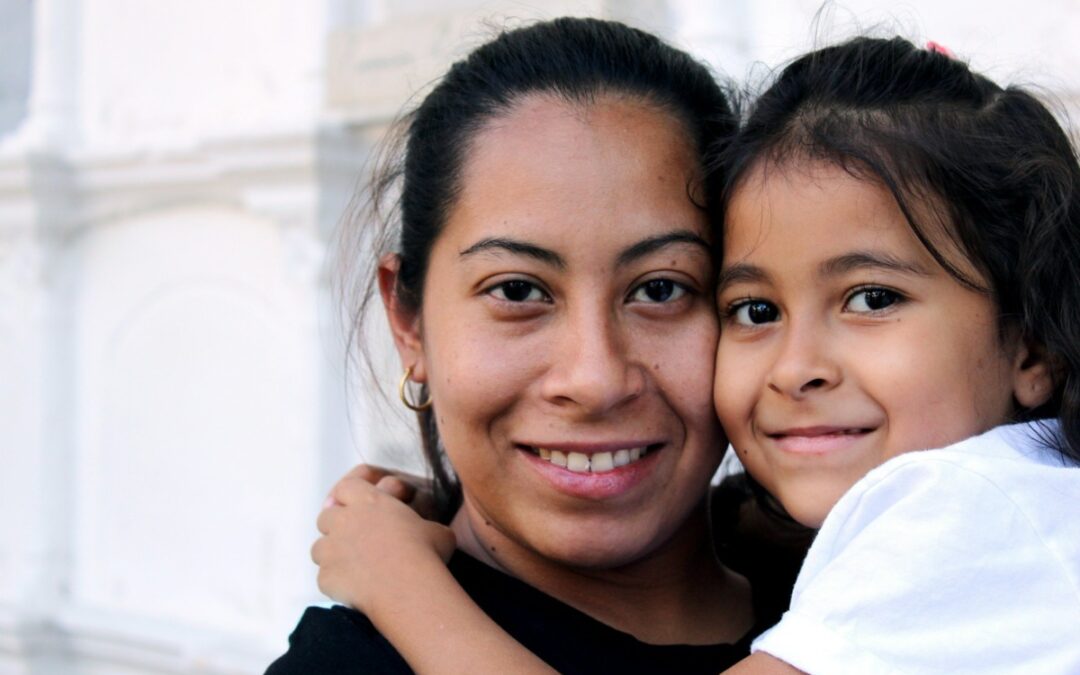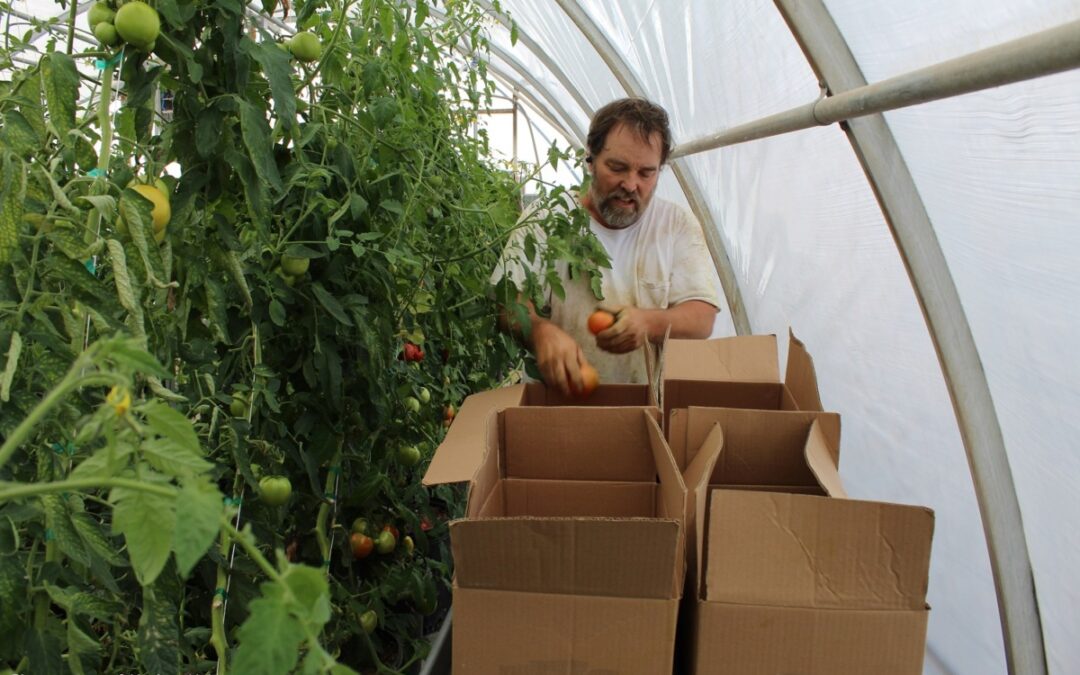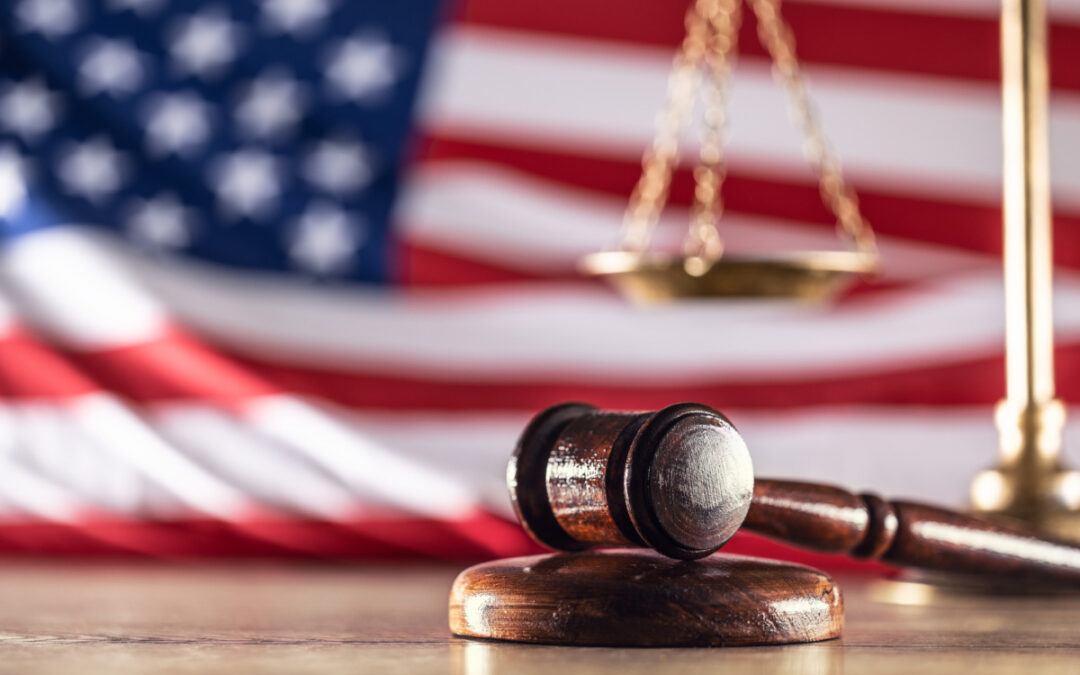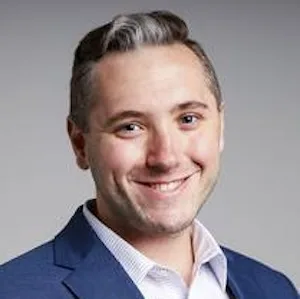
Retired US Army Capt. Sam Brown (courtesy Sam Brown campaign)
In a social media post, retired US Army Capt. Sam Brown stated he’s spoken with engineers and experts about the Yucca project over the last month and that ‘it is abundantly clear that the project is dead.’
The frontrunner for the Republican nomination to challenge Nevada Democratic US Sen. Jacky Rosen said he no longer supports restarting the Yucca Mountain nuclear repository project, after a report published earlier this month featured prior comments from him touting the long-stalled plan as a jobs creator.
In a Saturday post on X, formerly known as Twitter, retired US Army Capt. Sam Brown stated that he’s spoken with engineers and experts about the Yucca project over the last month and that “it is abundantly clear that the project is dead.”
“As I’ve said before, it should not, and will not, be revived as a nuclear waste repository,” Brown posted. “As Nevada’s next US Senator, I’ll stand with President Trump to oppose it.”
The post, however, is a reversal of 2022 remarks made to the Southern Hills Republican Women club in Henderson, when Brown was running as a longshot candidate for the GOP nomination to face Sen. Catherine Cortez Masto (D-Nevada).
“If we don’t act soon, other states … are assessing whether or not they can essentially steal that opportunity from us,” Brown told the group, according to a recording of the remarks obtained by the Los Angeles Times. Brown told attendees that failure to open the controversial Yucca project would be an “incredible loss of revenue for our state.”
VIDEO: NV Senate Candidate’s Past Support for Yucca Mountain Draws Criticism
“We all know that Nevada could use another great source of revenue,” Brown continued. “And it sure would be a shame if we didn’t monopolize on that and became a central hub of new development that we can do at Yucca.”
Brown did tell The Nevadan after the LA Times story published that he was not “strictly committed” to opening Yucca Mountain, but that he would consider all “thoroughly vetted” future proposals.
Following the LA Times story’s publication, Brown was rebuked by officials on both sides of the aisle, including Rosen’s campaign as well as primary opponents like Jeff Gunter, the former Trump-appointed US Ambassador to Iceland, who earlier this month placed a statewide ad buy highlighting Brown’s 2022 remarks.
Yucca Mountain sits adjacent to the Nevada Test and Training Range, a 4,500-square-mile swath of land that is now Nellis Air Force Base. Since the 1980s, the federal government has pushed to make Yucca Mountain the nation’s sole depository for spent nuclear waste.
But since those efforts to develop the project began, Republicans and Democratic governors, state legislators, and federal lawmakers from Nevada have remained united in opposing Yucca Mountain over fears that any potential catastrophe could ruin Las Vegas’ reputation as a travel destination.
Federal officials in 1978 first identified Yucca Mountain as a site to act as a centralized repository for spent nuclear waste. Congress approved the Nuclear Waste Policy Act of 1982, which charged the US Department of Energy (DOE) as the agency responsible for finding and building a single site to serve as an underground disposal facility.
Limited progress on the project continued throughout the 1990s, but once the late Harry Reid became Senate Majority Leader after the 2006 elections, the Nevada political stalwart used his gravitas as head of the Senate to block the project’s completion during the Obama administration.
Former President Barack Obama attempted to move away from the Yucca Mountain project starting in 2009, but other states sued to prevent the facility from closing.
In 2017, the Trump administration sought $120 million to restart licensing at Yucca Mountain—an appropriations request that was ultimately blocked by the Senate. Though the former president’s administration sought funding for the Yucca Mountain project, Trump in 2018 said he opposed reopening the site and claimed “I agree with the people of Nevada.”
In 2021, Energy Secretary Jennifer Granholm told Congress that Yucca Mountain is not part of the Biden administration’s plans for nuclear waste disposal. Granholm renewed that pledge during a hearing in April after she was asked about it by Nevada US Sen. Catherine Cortez Masto, Reid’s successor. Granholm affirmed the Biden administration instead prefers selecting a site with the consent of local stakeholders.
As the Yucca Mountain project has remained in limbo over the years, with more than 85,000 metric tons of nuclear waste in need of disposal today, officials say there is still a need to find common ground in where nuclear waste should be dumped.
But a proposal to restart Yucca is outlined in a master document called the Project 2025 Presidential Transition Project, which was published in 2023 by the conservative Heritage Foundation with the help of several former Trump administration officials.
The 920-page document details policy objectives for a potential second Trump presidency, including a mandate that the DOE restart the Yucca Mountain licensing process, stating the site “remains a viable option for waste management.”
Finishing the licensing review would not mean Yucca Mountain would be ready to store waste, according to the document, but rather would present the information to the State of Nevada, Congress, the administration, and others to be used for further decision-making. The document also calls for the DOE to identify a second possible repository site.

Sen. Rosen Says the Kroger-Albertsons Merger Would Be Bad for Nevada. Here’s Why.
Polls have routinely shown that affordability is a key issue for voters heading into this year’s election. In a recent sit-down interview, Nevada US...

6 Las Vegas hotels that are basically theme parks
These six Las Vegas hotels rival theme parks with their pools, indoor attractions, entertainment hubs, and more. Plus, you won’t leave with a...

Gwen Frisbie-Fulton: ‘The people closest to the problem are often the ones who can find the solution’
About two years ago, tents started to show up in my neighborhood along the creek beds and in small stands of trees. Most only became...

Recursos legales para inmigrantes y refugiados en Nevada
Si eres inmigrante o hijo de inmigrantes, es posible que tú y tu familia tengan miedo de las políticas migratorias de Donald Trump. Aquí en Nevada,...

USDA cancels funding for popular locally grown food programs in Nevada
By Jeniffer Solis - Nevada Current The U.S. Department of Agriculture has axed two programs that gave Nevada schools and food banks more than $6...

State bill would allow immigrant parents to designate legal guardians for kids if they’re deported
Assembly Bill 460 would create a legal process that authorizes a parent or guardian to pre-designate another person to act as a child’s primary...




